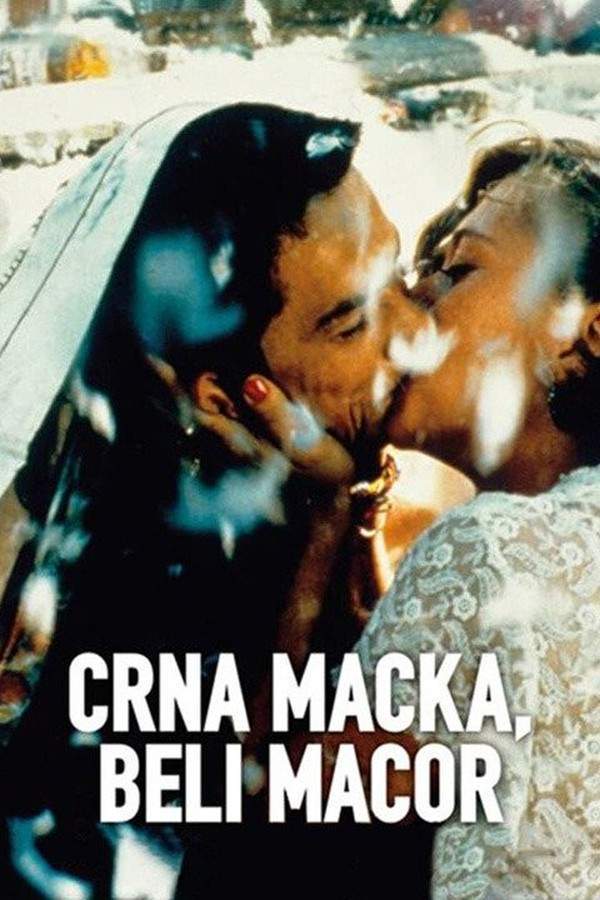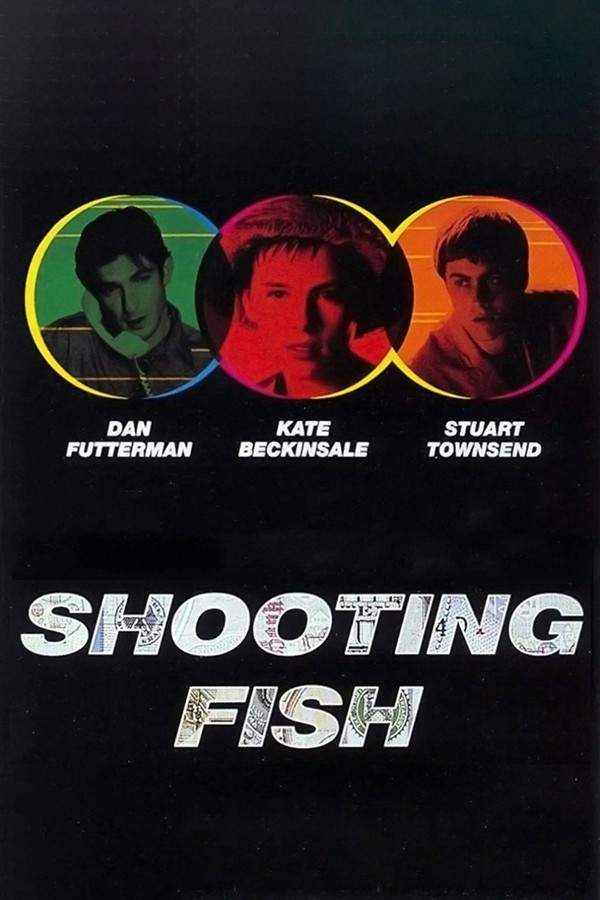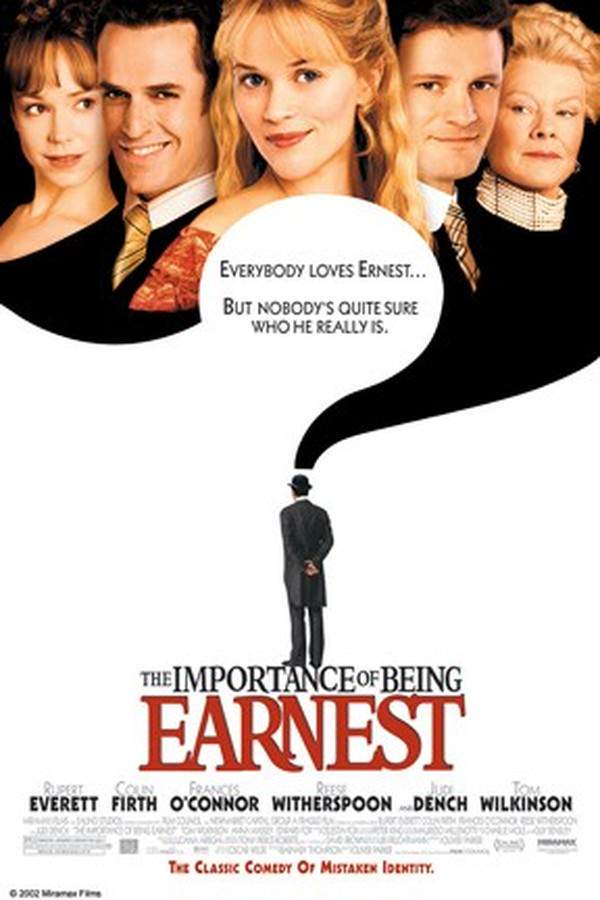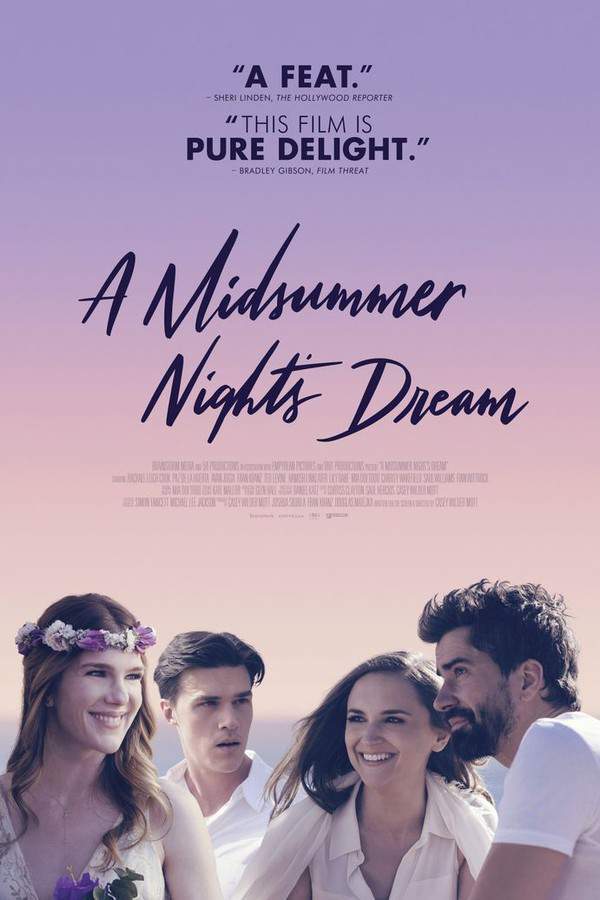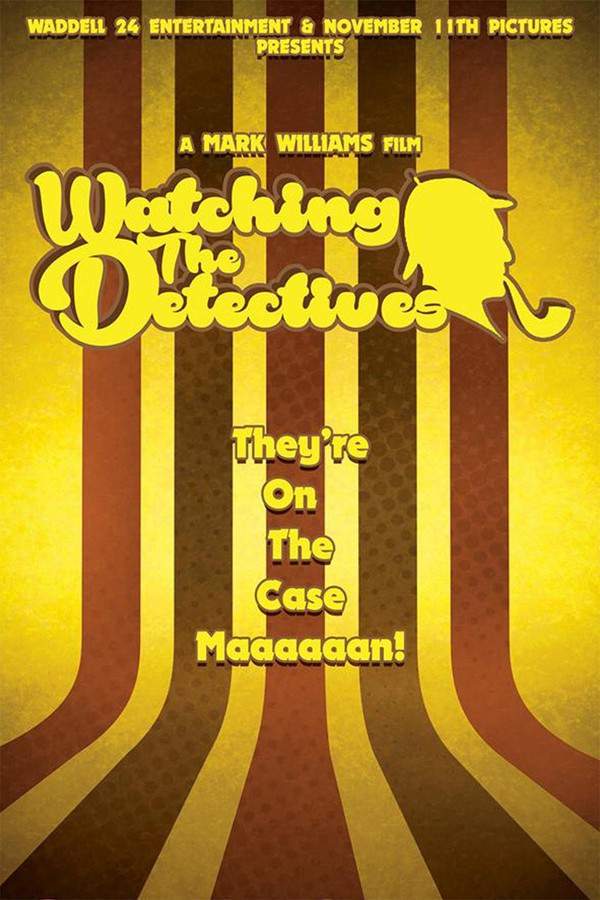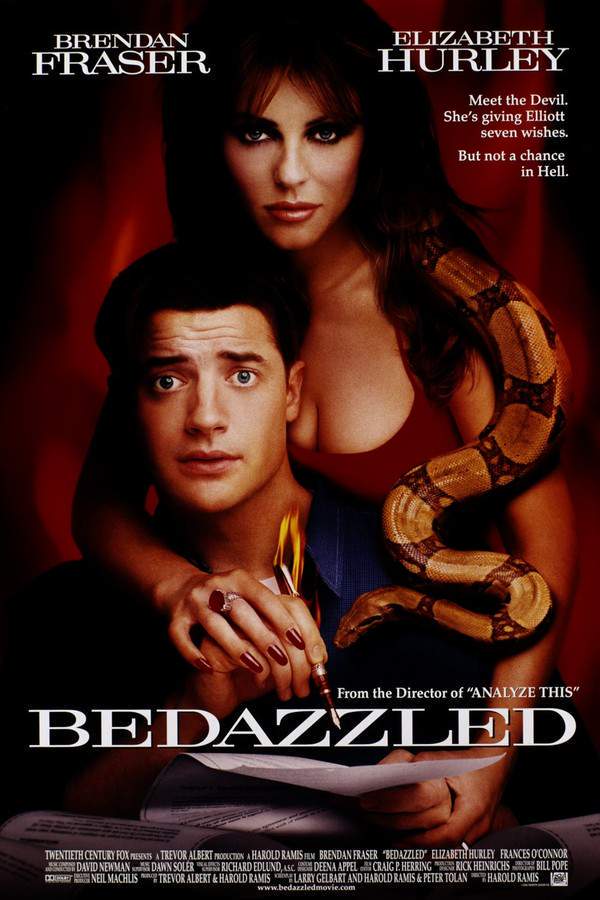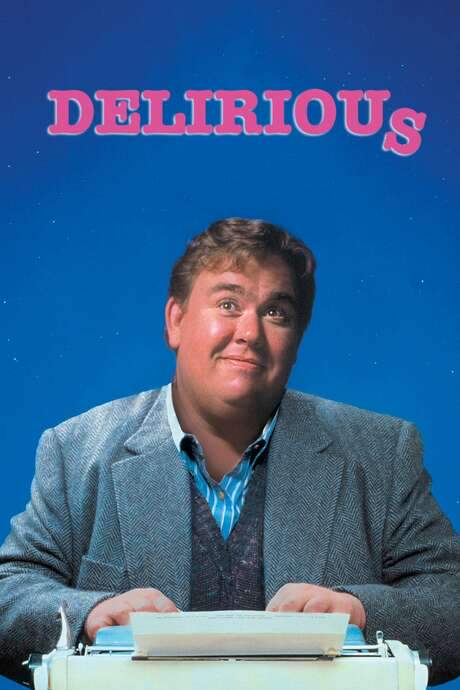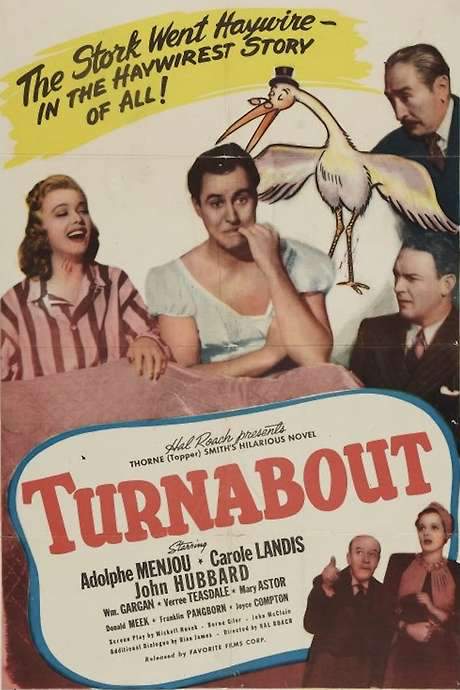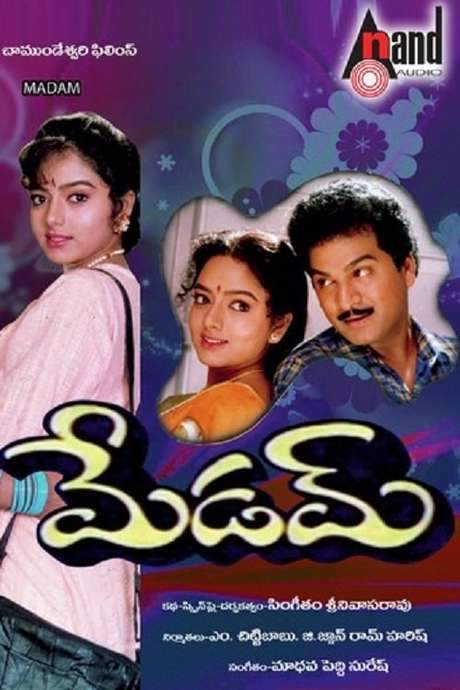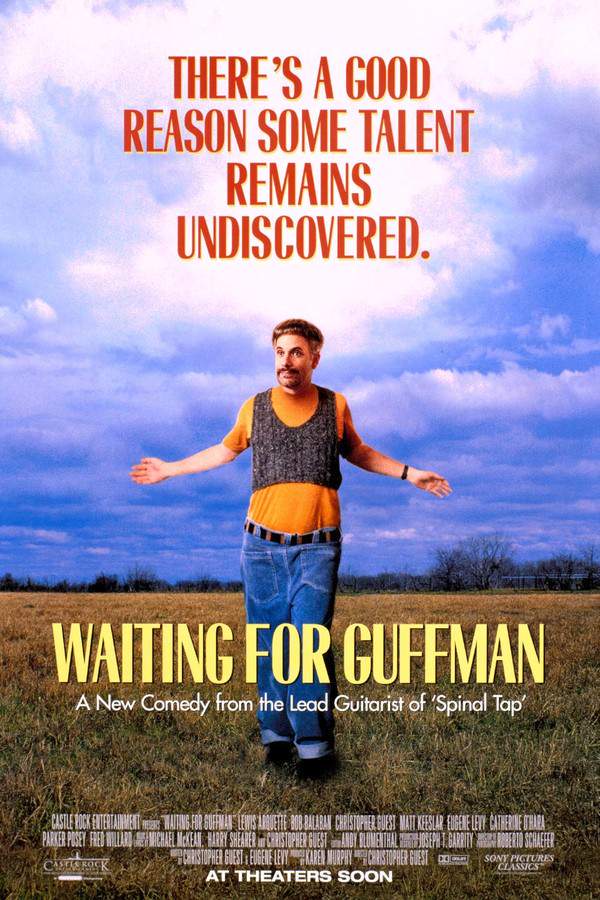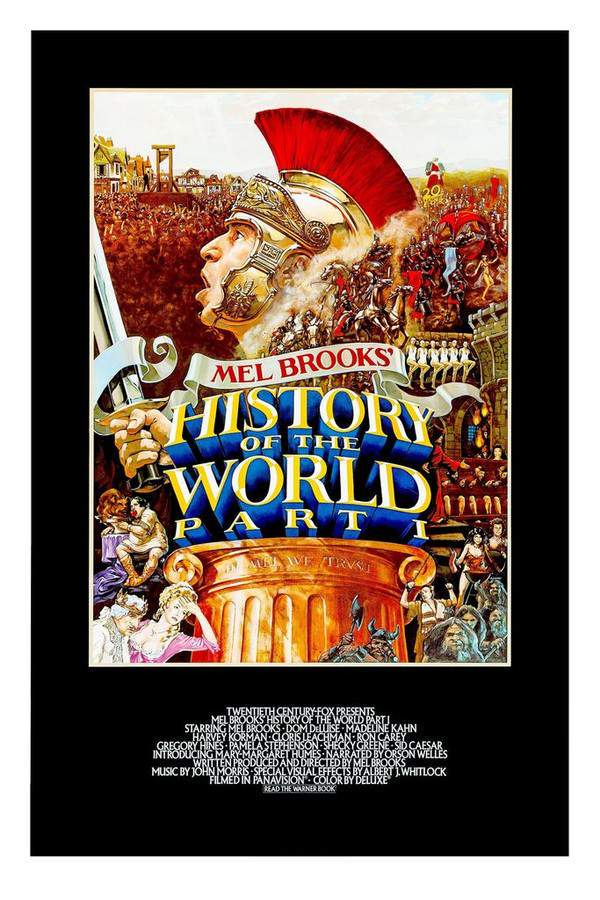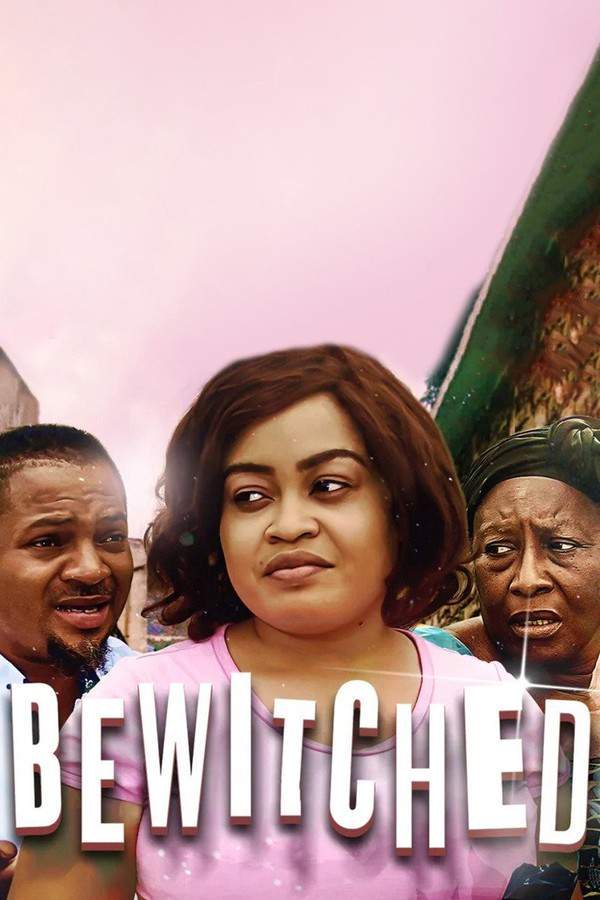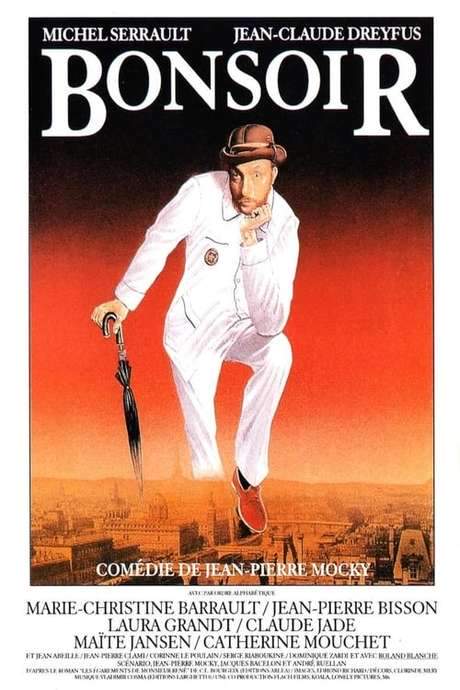
The Importance of Being Earnest
Year: 2018
Runtime: More mins
Language: English
Director: Michael Fentiman
In 1890s England, two carefree bachelors, Jack and Algernon, lead double lives, each assuming the fictitious name of "Ernest" to escape social obligations. Their deception becomes complicated when both fall for women who are captivated by the name Ernest, leading to a hilarious chain of mistaken identities and romantic entanglements. The ensuing confusion exposes a web of secrets and ultimately leads to a surprising resolution.
Warning: spoilers below!
Haven’t seen The Importance of Being Earnest yet? This summary contains major spoilers. Bookmark the page, watch the movie, and come back for the full breakdown. If you're ready, scroll on and relive the story!
The Importance of Being Earnest (2018) – Full Plot Summary & Ending Explained
Read the complete plot breakdown of The Importance of Being Earnest (2018), including all key story events, major twists, and the ending explained in detail. Discover what really happened—and what it all means.
John Worthing, [Jacob Fortune-L Lloyd], is a carefree and seemingly respectable young gentleman who has crafted a fictitious brother named “Ernest.” This invented sibling gives him the perfect excuse to slip away to London whenever he pleases, leading a double life that blends ease with appearances on his peaceful country estate. In the city, he stays with his witty friend, Fehinti Balogun as Algernon Moncrieff, a fellow light on rules who shares John’s taste for bending social norms. Under the Ernest guise, John wins the affections of Algernon’s charming cousin, Pippa Nixon as Gwendolyn Fairfax, a woman who declares she could only love a man with that very name.
John is in love and plans to propose, but he must first face the formidable Lady Bracknell, Sophie Thompson, who scrutinizes his lineage after he reveals that he was found as an orphan in a handbag at Victoria Station. Her questions shake his resolve, and he returns to his country estate with the intention of resolving the situation once and for all. There, he lives with his young ward, Cecily Cardew, Fiona Button, and Cecily’s governess, Miss Prism, Stella Gonet, who unwittingly holds a crucial plate in the evolving comedy of mistaken identities.
Meanwhile, Algernon, intrigued by John’s tales of a nonexistent brother Ernest, travels to the countryside under the same inventive name. He is introduced to Cecily and quickly falls for her, only to discover that she has also fallen for the man named Ernest. Cecily, who has long imagined a fiancé named Ernest, welcomes Algernon’s performance with open arms, even as the deception deepens.
The situation spirals when Gwendolyn arrives at the country home and meets Cecily, setting the stage for a delightful collision of two women who discover they are both betrothed to men who claim to be Ernest. The encounter triggers a flurry of wit, wit, and more wit, as everyone navigates social expectations, romance, and a cascade of revelatory moments. The arrival of Lady Bracknell intensifies the scrutiny, sharpening the humor with her sharp questions about ancestry and propriety.
A pivotal revelation ties the entire farce together: Miss Prism, the seemingly absent-minded governess, is the nurse who, thirty-four years earlier, misplaced a baby at Victoria Station—the very baby who turns out to be John Worthing. This twist explains the interconnected fates of the principal players and clarifies why John appears to be the match for Gwendolyn and why Algernon could be a rightful counterpart to Cecily. In a final, playful turn, John adopts the name Ernest as a truth acknowledged in a spirit of lighthearted acceptance, a decision Lady Bracknell allows to stand.
The play closes on a note of shared joy and renewed affection, with both couples—John and Gwendolyn, Algernon and Cecily—embracing one another as misunderstandings dissolve. Through humor and clever reversals, the characters discover that the true substance behind their choices is not the names they bear, but the honesty, affection, and wit that connect them.
Last Updated: October 01, 2025 at 13:05
Explore Movie Threads
Discover curated groups of movies connected by mood, themes, and story style. Browse collections built around emotion, atmosphere, and narrative focus to easily find films that match what you feel like watching right now.
Witty romantic farces like The Importance of Being Earnest
Deceptions and mistaken identities fuel sophisticated romantic comedies.If you enjoyed the fast-paced deceptions and sophisticated banter of The Importance of Being Earnest, you'll love these movies. Discover more romantic comedies where mistaken identities and witty dialogue create a whirlwind of charming chaos and elegant humor, perfect for fans of clever stories.
Narrative Summary
The narrative pattern revolves around a central deception—often a mistaken identity or concealed truth—that spirals out of control, creating a domino effect of comic situations. Characters navigate a web of their own making, leading to a series of reveals and confrontations that ultimately resolve happily, often reinforcing the idea that love conquers all, even the most elaborate lies.
Why These Movies?
These movies are grouped together because they share a primary focus on intellectual, dialogue-heavy humor, lighthearted romantic plots driven by deception, and a consistently whimsical tone. The pacing is brisk, the emotional stakes are social rather than deeply traumatic, and the endings are satisfyingly happy.
Comedies of manners similar to The Importance of Being Earnest
Satirical stories that playfully critique the rules of high society.Find more movies like The Importance of Being Earnest that offer a satirical look at social conventions. These comedies of manners feature sophisticated characters navigating the absurdities of their world with wit and charm, perfect for viewers who enjoy sharp social observation and elegant humor.
Narrative Summary
The narrative journey typically follows characters as they attempt to navigate or subvert the complex rules of their social milieu. Conflict comes from the tension between personal authenticity and societal performance, often resolved when characters find a way to reconcile their true selves with the world's expectations, or when the folly of those expectations is comically exposed.
Why These Movies?
These films are united by their satirical focus on social conventions, their use of a specific historical or class-based setting as a source of humor, and a tone that is more witty and observational than broadly slapstick. They share a feeling of sophistication and a lighthearted critique of human folly.
Unlock the Full Story of The Importance of Being Earnest
Don't stop at just watching — explore The Importance of Being Earnest in full detail. From the complete plot summary and scene-by-scene timeline to character breakdowns, thematic analysis, and a deep dive into the ending — every page helps you truly understand what The Importance of Being Earnest is all about. Plus, discover what's next after the movie.
The Importance of Being Earnest Timeline
Track the full timeline of The Importance of Being Earnest with every major event arranged chronologically. Perfect for decoding non-linear storytelling, flashbacks, or parallel narratives with a clear scene-by-scene breakdown.

Characters, Settings & Themes in The Importance of Being Earnest
Discover the characters, locations, and core themes that shape The Importance of Being Earnest. Get insights into symbolic elements, setting significance, and deeper narrative meaning — ideal for thematic analysis and movie breakdowns.

The Importance of Being Earnest Spoiler-Free Summary
Get a quick, spoiler-free overview of The Importance of Being Earnest that covers the main plot points and key details without revealing any major twists or spoilers. Perfect for those who want to know what to expect before diving in.

More About The Importance of Being Earnest
Visit What's After the Movie to explore more about The Importance of Being Earnest: box office results, cast and crew info, production details, post-credit scenes, and external links — all in one place for movie fans and researchers.


